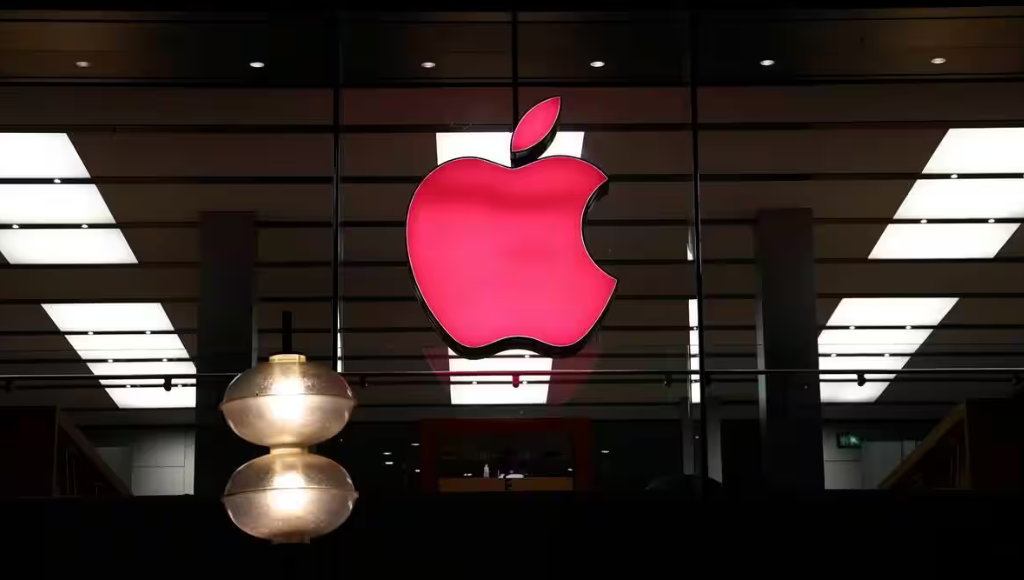OpenAI, the pioneering artificial intelligence studio celebrated for its groundbreaking chatbot, ChatGPT, is reportedly ensnared in a financial quagmire that threatens its solvency.
As per a report from Analytics India Magazine, OpenAI finds itself expending an astonishing $700,000 per day to maintain the operation of ChatGPT, a flagship AI offering. This chatbot, leveraging the potent GPT language model, excels at crafting lifelike and captivating dialogues spanning diverse subjects.
Notwithstanding its impressive capabilities, ChatGPT has faltered in generating sufficient revenue to offset OpenAI’s operational expenditures. The AI studio’s endeavors to monetize newer GPT iterations, including GPT-3.5 and GPT-4, have yielded meager results.
Eroding User Base
The report also discloses a consistent erosion of OpenAI’s user base over recent months. Data from SimilarWeb unveils a 12 percent decline in visitors to the ChatGPT website in July 2023, compared to June—a decline from 1.7 billion to 1.5 billion visitors. Notably, this tally excludes users tapping into OpenAI’s APIs to integrate GPT into their applications.
Even OpenAI’s APIs contend with competition from open-source language models like LLaMA 2, which offer customization and adaptability to specific use cases—distinct advantages over OpenAI’s fee-based, proprietary models.
AI Ethical Quandaries and Divergent Agendas
The report highlights an apparent schism between Sam Altman, OpenAI’s co-founder and CEO, and the rest of the organization. While OpenAI steers its focus towards profit generation and advancing GPT’s capabilities, Altman underscores the perils of unregulated AI, advocating for government intervention.
Altman’s recurrent cautionary notes about AI’s potential to displace jobs and fuel ethical quandaries paint a portrait of a creator grappling with a creation spiraling out of control—a modern Frankenstein predicament.
Despite Altman’s apprehensions, OpenAI persists in exploring avenues to monetize its forthcoming GPT-4 model, though profitability remains elusive. Notably, OpenAI’s losses have tallied up to $540 million since the inception of ChatGPT.
A Precarious Path Forward
OpenAI’s fate appears uncertain. An infusion of $10 billion from Microsoft, coupled with investments from venture capital entities, has staved off immediate financial collapse. However, Analytics India Magazine’s report casts doubt on OpenAI’s projections of achieving $200 million in 2023 revenue and aiming for $1 billion in 2024, given its mounting losses.
One plausible recourse for OpenAI is embarking on an Initial Public Offering (IPO), potentially luring a tech conglomerate for acquisition. This strategy could offer a dignified exit for current investors. However, hurdles abound, with staffing challenges topping the list. Reports indicate OpenAI grapples with retaining and attracting talent, potentially dampening product quality and innovation.
A Landscape of Competing Forces
OpenAI contends not only with traditional tech giants like Google and Meta but also emerging contenders like Elon Musk’s xAI. Musk’s entry into AI, catalyzed by ChatGPT’s popularity, has led to significant investments, including the creation of a rival chatbot named “TruthGPT.” Musk’s procurement of over $10 million worth of NVIDIA GPUs underscores his commitment to the endeavor.
Additionally, the global supply chain crisis has riddled the AI sector, causing shortages of enterprise-level GPUs crucial for AI model development. Geopolitical tensions, such as the US-China tech rivalry, exacerbate this situation. Chinese tech entities have procured billions worth of AI chips, limiting OpenAI’s access to essential resources.
Navigating Choppy Waters Sam Altman’s assertion that GPU shortages hinder progress underscores OpenAI’s ongoing commitment to refining models. However, this predicament has visibly affected ChatGPT’s output quality.
As financial setbacks amplify, user numbers dwindle, earnings remain inconsistent, and product quality diminishes, OpenAI confronts an unequivocal reality: the imperative to swiftly chart a course toward profitability amidst turbulent waters.






